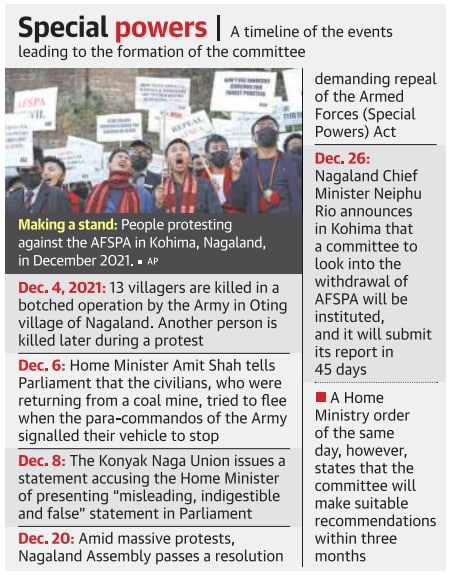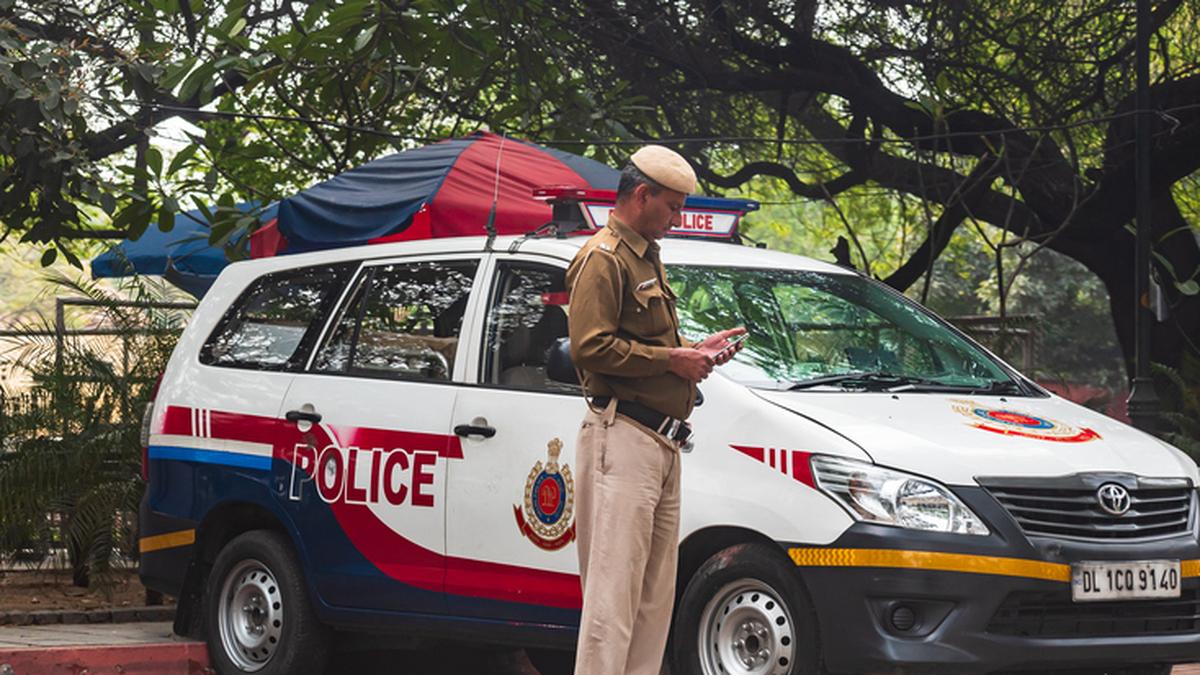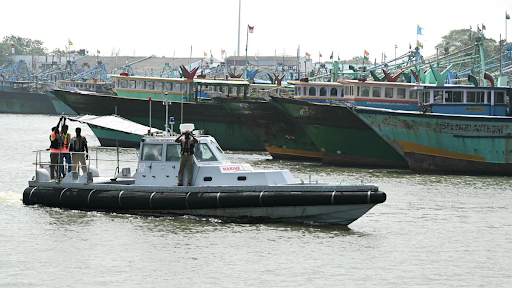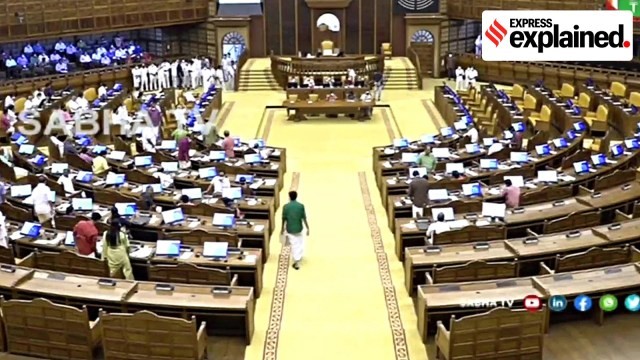Description

Copyright infringement is not intended
Context: The Union Home Ministry Constituted a committee on AFSPA, failed to submit a report within the time limit of 45 days.
Details:
- The Union Home Ministry Constituted a committee in December to study the withdrawal of the Armed Forces (Special Powers) Act or AFSPA from Nagaland, the committee failed to submit a report within the time limit of 45 days.
- The six member committee, headed by Registrar General of India Vivek Joshi.
- The Committee was formed after the growing civilian anger against an elite unit of the Army, whose operation resulted in the death of 13 civilians at Oting in Nagaland’s Mon district on December 4.
- Nagaland demand was for the removal of the AFSPA from the state, except areas along the international boundary with Myanmar.
Armed Forces Special Powers Act (AFSPA):
- The Armed Forces Special Powers Ordinance of 1942 was imposed by the British colonial government on 15 August 1942 to suppress the Quit India Movement.
- After Independence, the Ordinance was invoked by the Indian government to deal with the internal security situation which emerged due to the Partition of India.
- Article 355 of the Constitution of India confers power to the Central Government to protect every state from internal disturbance.
- Armed Forces Special Powers Act (AFSPA) was enacted by the Parliament in 1958.
- The Act grants special powers to the Indian Armed Forces to maintain public order in "disturbed areas". AFSPA to be enacted only when a state, or part of it, is declared a 'disturbed area'.
- According to the Disturbed Areas (Special Courts) Act, 1976 once an area is declared as 'disturbed', it remains under the category for a minimum of 6 months.
- In 1958, it was 1st made applicable to the Naga Hills, then part of Assam. Then one by one, it expanded to other parts of Assam, Nagaland, Manipur, Arunachal Pradesh.
- In 1983, the law was extended to Punjab and Chandigarh, but it was withdrawn in 1997.
- In 1990, it was applied to Jammu and Kashmir and has been in force since.
Special Powers under AFSPA:
According to the Armed Forces Special Powers Act (AFSPA), in an area that is declared as "disturbed", an officer of the armed forces has powers to:
- Power to arrest anyone without a warrant and may use force if needed for the arrest.
- If a person acts against law or order in the disturbed area, then army personnel are allowed to Fire after giving warning or use other kinds of force even if it causes death.
- Enter and search any area or shelter in order to make arrests, they also have the power to destroy that area or shelter.
- Power to stop and search any vehicle or vessel.
- Any person arrested and taken into custody under this act shall be handed over to the officer in charge of the nearest police station with least possible delay.
- Army officers have legal immunity for their actions. There can be no prosecution, suit or any other legal proceeding against anyone acting under that law.
- The Government's Power to declare an area as ‘disturbed area’ is not under judicial review.
Present Status:
- The Act was amended in 1972 and the powers to declare an area as “disturbed area” were granted to the Central government along with the States.
- For Nagaland and Arunachal Pradesh, the Union Home Ministry issues “disturbed area” notification to extend AFSPA.
- The notification for Manipur and Assam is issued by the State governments.
- Tripura revoked the Act in 2015 and Meghalaya revoked it in 2018.
- Currently, implemented in a 20-km area along the border with Assam.
- Jammu and Kashmir has had a separate Armed Forces (Special Powers) Act 1990.
- In 2016, the Supreme Court of India ended the immunity of the armed forces from prosecution under AFSPA.
Arguments in the support of AFSPA:
- Neither the soldiers nor their superiors have any training in civilian law or policing procedures. That is why a special law like AFSPA needed to legitimize the presence and acts of armed forces in extraordinary situations.
- Repealing the act will encourage insurgency, militancy and also threaten the peace and unity of the nation.
- The Army needs such powers because the army is only deployed when national security is at serious risk. “Extraordinary circumstances demand extraordinary measures."
Arguments against AFSPA:
- The act has been criticized for human rights violations in the regions of its enforcement. It provides impunity from human rights abuses and fuels cycles of violence.
- This law started a Vicious cycle in the North East: The use of the AFSPA pushes the demand for more autonomy, giving the people of the North East more reason to secede from a state which enacted such powers and these agitation justify the use of the AFSPA from the point of view of the Indian Government.
- The second Administrative Reforms Commission (ARC) recommended the repeal of the Armed Forces Special Powers Act, 1958. It commented that its scrapping would remove sentiments of discrimination and alienation among the people of the North East India.
Way Forward:
- The Supreme Court said that any encounter carried out by armed forces under AFSPA should be subjected to thorough inquiry.
- Supreme Court mentioned that "It does not matter whether the victim was a common person or a militant or a terrorist, nor does it matter whether the aggressor was a common person or the state. The law is the same for both and is equally applicable to both. This is the requirement of a democracy and the requirement of preservation of the rule of law and the preservation of individual liberties."
- In 2013, the Supreme Court created a committee under Santosh Hegde, the committee suggested to make the Armed Forces Special Powers Act (AFSPA) more humane, and the security forces more accountable.
https://indianexpress.com/article/explained/nagaland-civilian-killings-indian-army-repeal-of-afspa-northeast-7661460/









